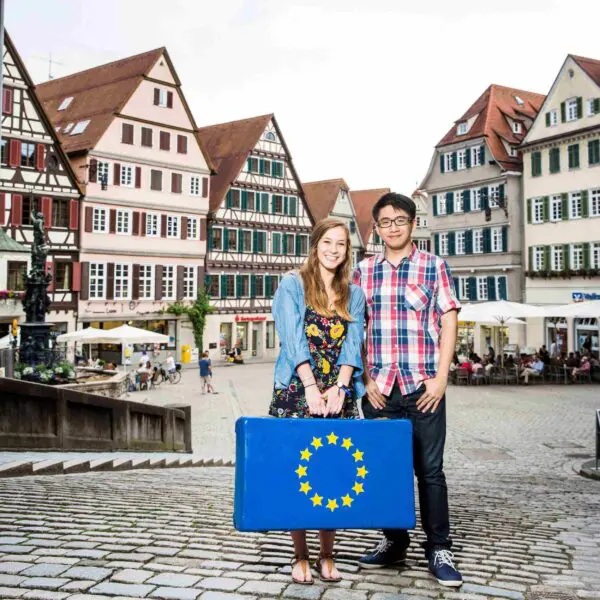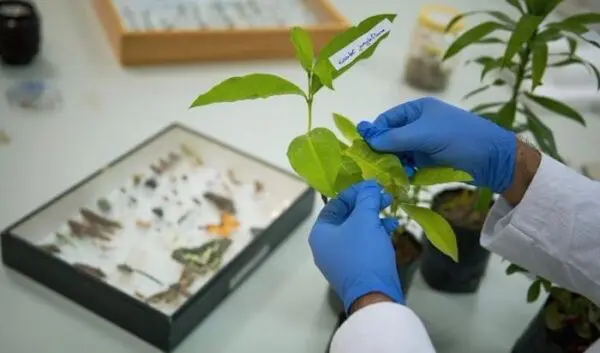
Brighton, United Kingdom
Intensive Introductory Physics for Life Sciences 2
When:
27 July - 21 August 2026
Credits:
15 EC
Read more
Natural Sciences
When:
18 August - 22 August 2025
School:
Institution:
Utrecht Summer School
City:
Country:
Language:
English
Credits:
1.5 EC
Fee:
300 EUR

Our world has an abundance of so-called complex systems. These are typically large collections of connected elements that influence each other. In this hybrid course, we combine examples across physics, the life sciences, socio-economic sciences and humanities with an introduction to basic mathematical tools to learn a complex systems way of thinking. The main aim is to show students how complex systems science is applied by Utrecht University researchers to challenging societal problems.
In recent decades, the science of studying complex systems has started to evolve and mature. It has become clear that a new, more integrated way of thinking is essential for understanding many of the complex challenges that humanity faces. The aim is to derive rules on how the dynamical behaviour of a complex system depends on the combined properties of individual elements, the nature of the interactions between elements, as well as the topology of interactions between elements, in order to understand and predict these systems and control them to have desirable properties. As an example, insight into which features of complex systems generate resilience against perturbations versus which properties enhance the sensitivity of the system and allow it to transition to a different equilibrium state is important for a broad range of questions on, for instance, climate change, social-political change, disruptive innovations, infectious disease emergence and ecosystem collapse.
The course will take place from Monday 15 August 2022 to Friday 19 August 2022. The scientific part can be followed either on-campus or online (limited place available for the on-campus variant).
Tentative schedule for the summer school (all times in CEST)
Day 1 - Day 4 (15 August - 18 August)
Every day will spotlight a different complexity science theme. This theme will be covered in an two hour introduction lecture, a one hour specialist research lecture, and a smaller numerical project related to the day's themes.
Day 5 (19 August)
Participants will present their results on the project work from previous days.
Participants will be divided into groups to do all projects. On the last day, there will be no specialist lecture, but each group will present the results of one project. Only the ones who present the final projects can get the certificates and credits.
This course is offered by the Centre for Complex Systems Studies (CCCS).
Dr. Swinda Falkena
No specific knowledge is required. Basic mathematical and programming skills will help, but are not required.
The aim of the course is: i) to recognise complex systems related to societal, environmental, engineering and scientific problems and to learn their basic features ii) to introduce a complex systems way of thinking and analysis iii) to learn basic mathematical concepts and methods needed for complex system analysis, for example from dynamical systems theory and the theory of networks iv) to get hands-on experience in studying complex systems.
Fee
300 EUR, Course fee
Fee
200 EUR, Housing fee (optional)
When:
18 August - 22 August 2025
School:
Institution:
Utrecht Summer School
Language:
English
Credits:
1.5 EC

Brighton, United Kingdom
When:
27 July - 21 August 2026
Credits:
15 EC
Read more

Tübingen, Germany
When:
01 June - 29 June 2026
Credits:
8 EC
Read more

Flakkebjerg, Denmark
When:
29 June - 10 July 2026
Credits:
5 EC
Read more